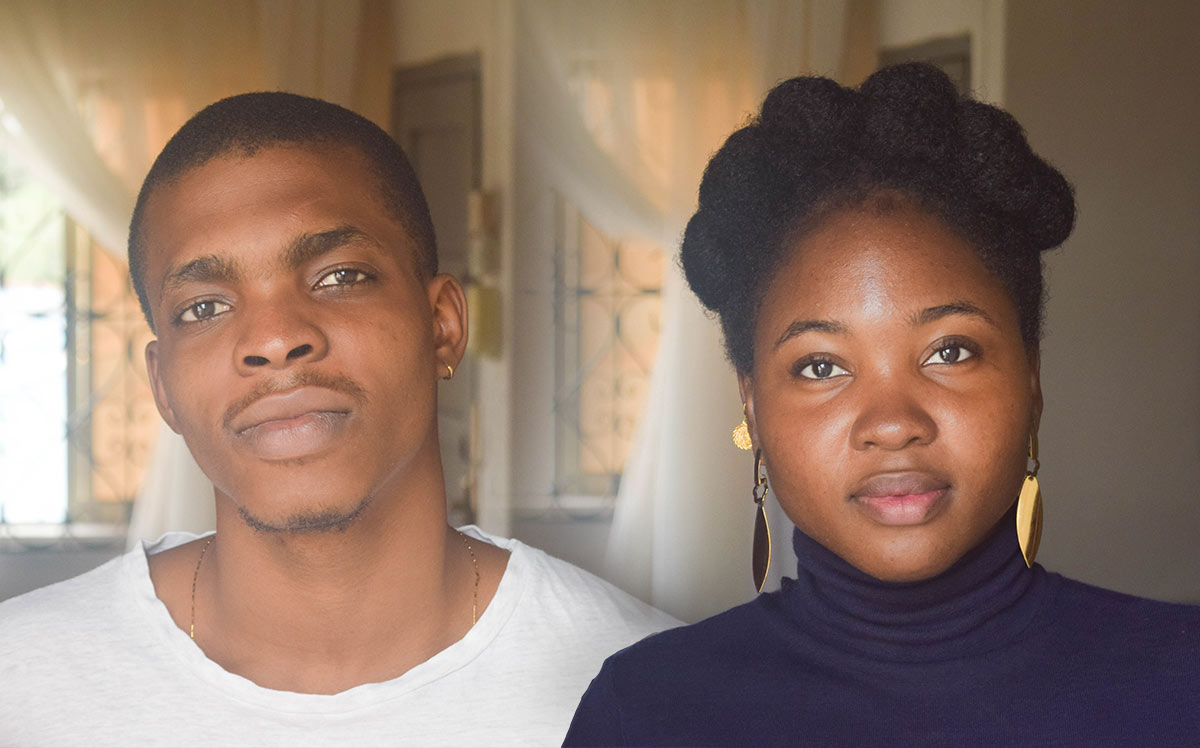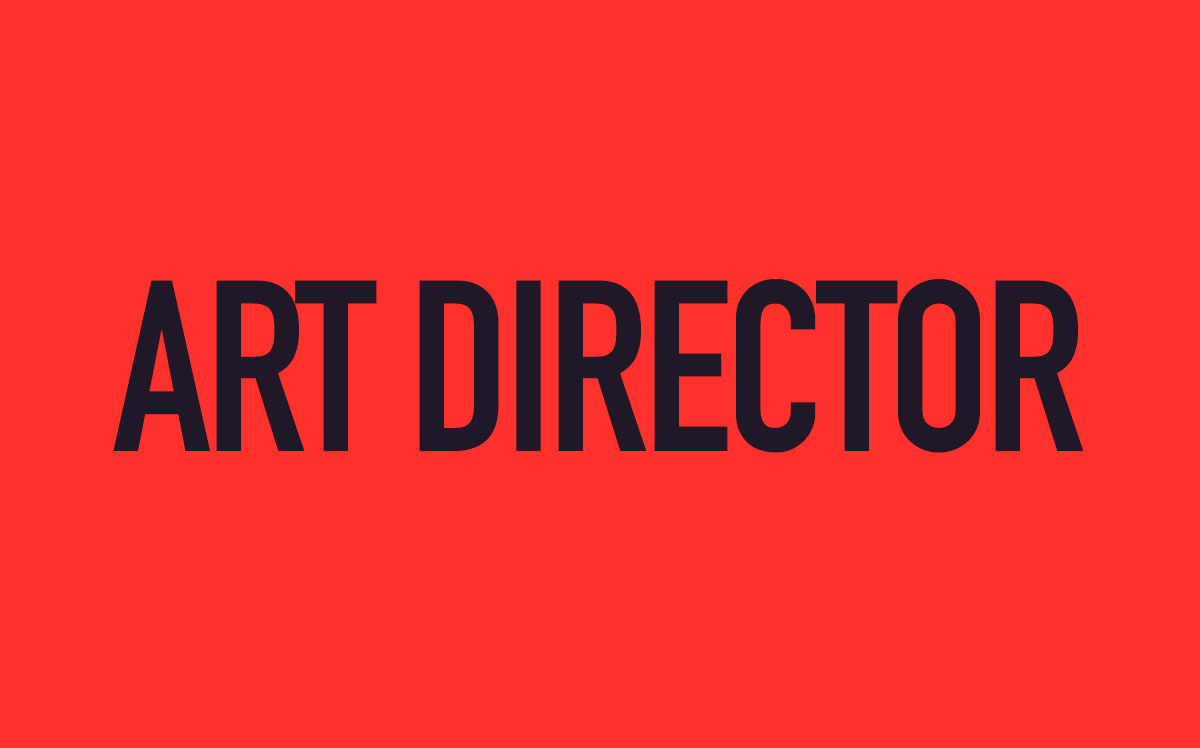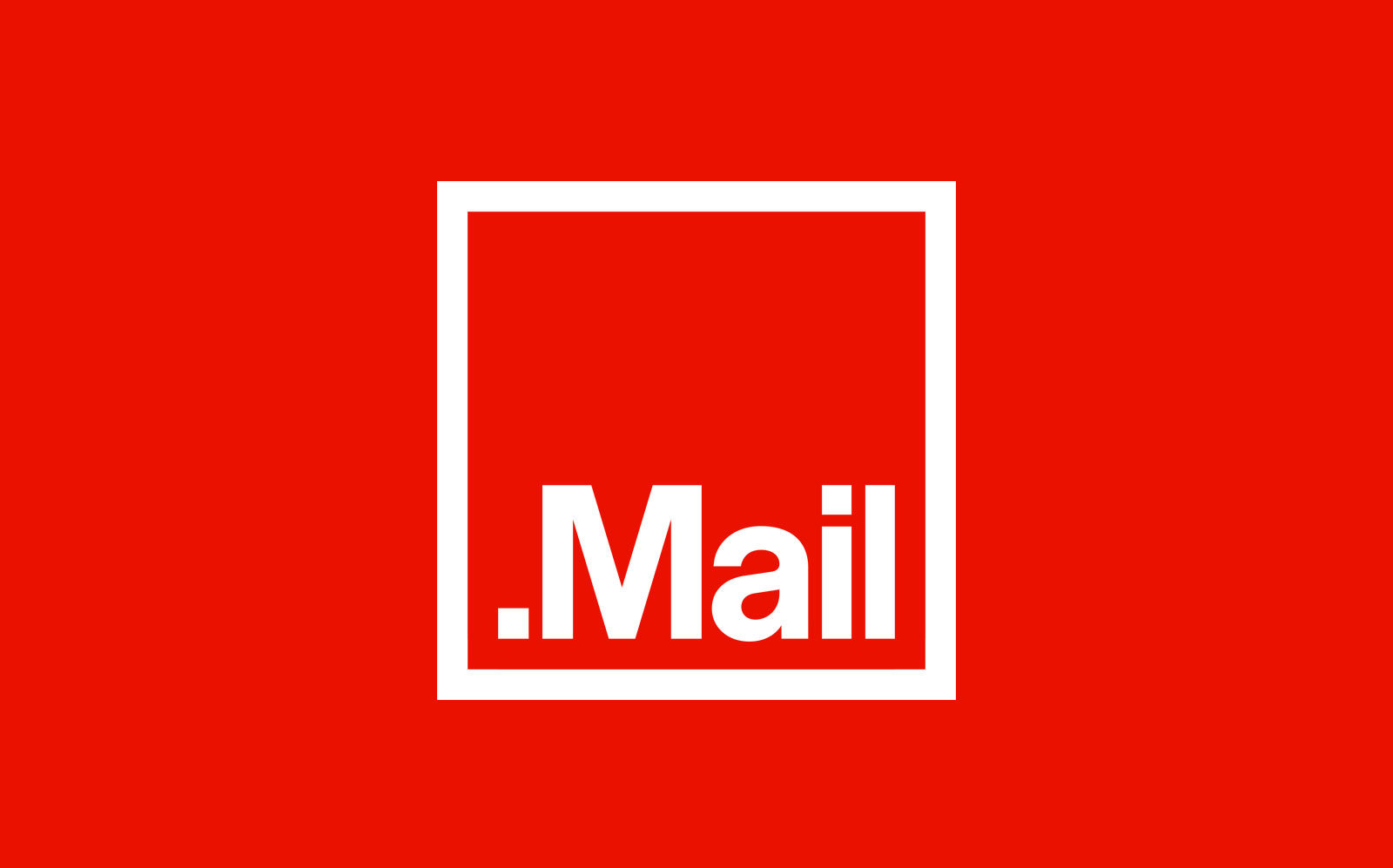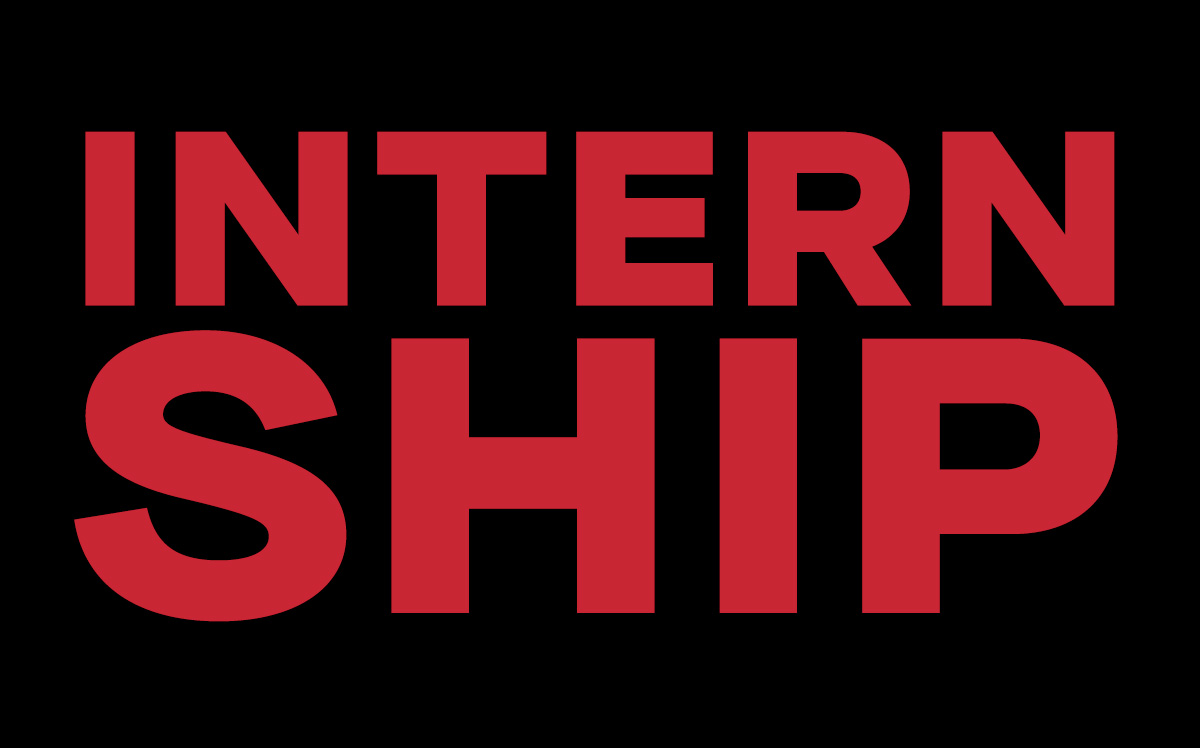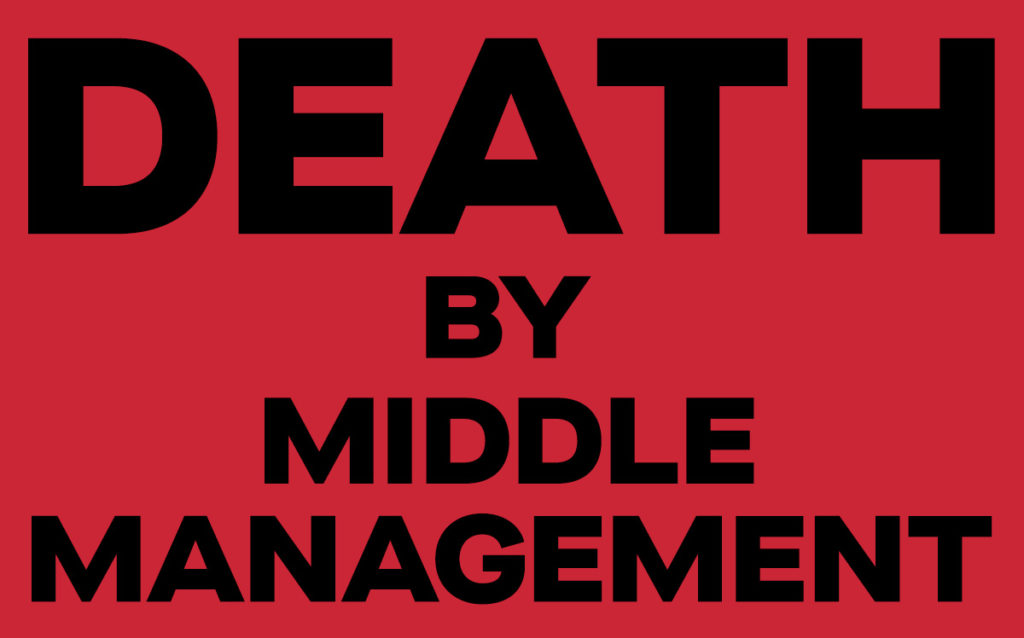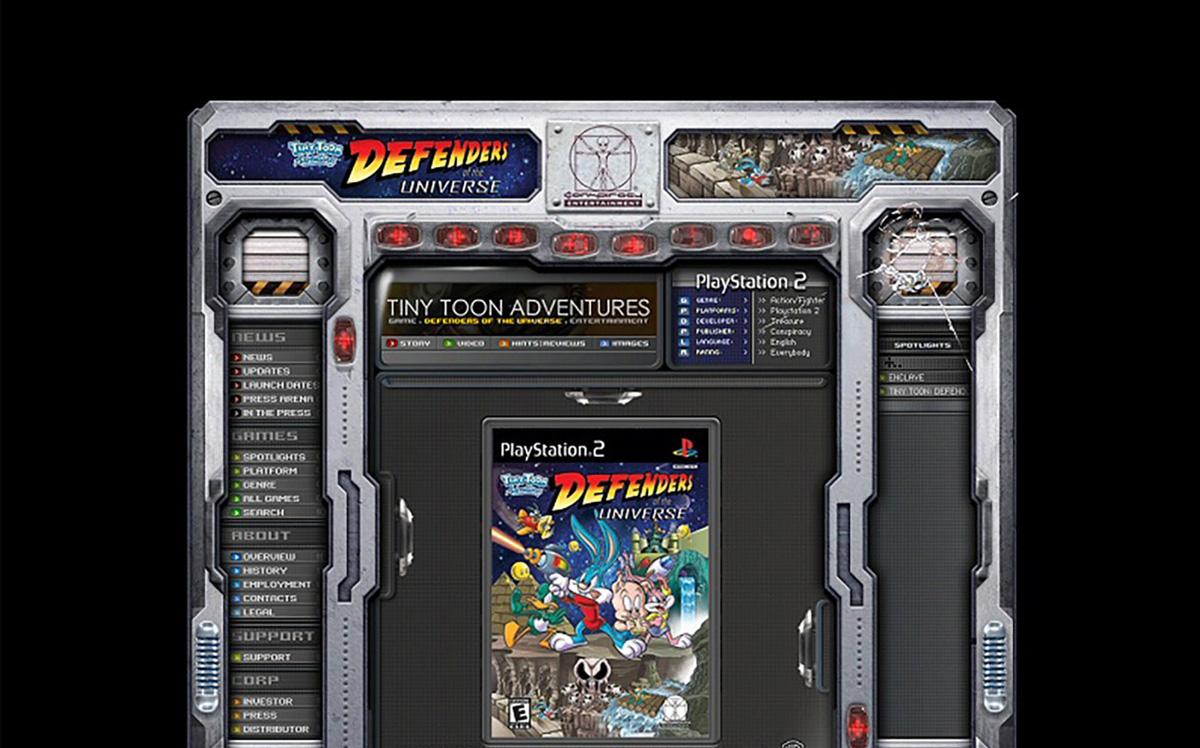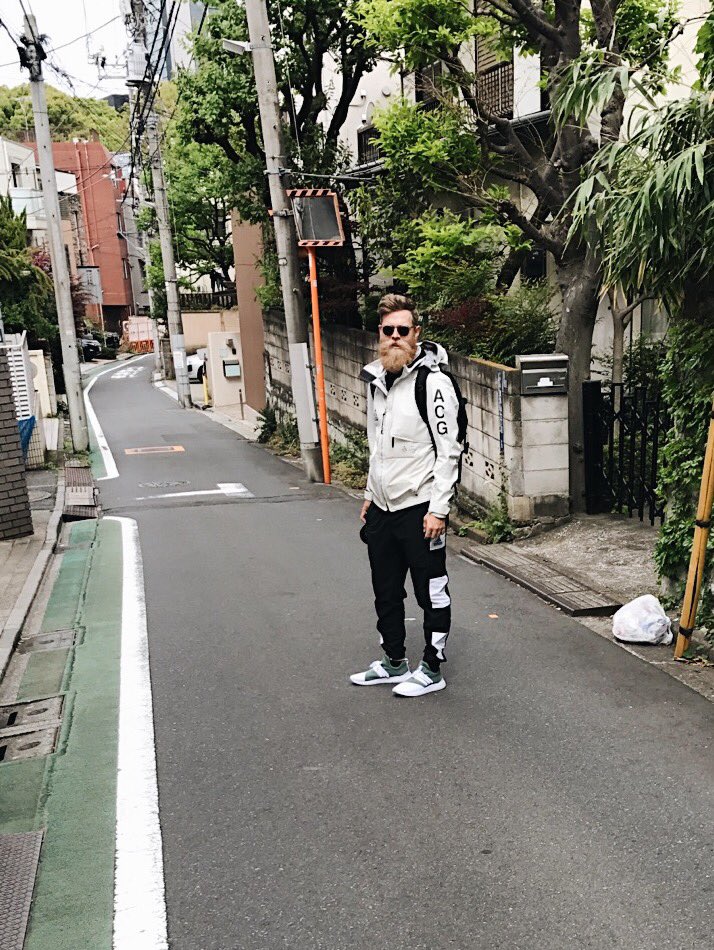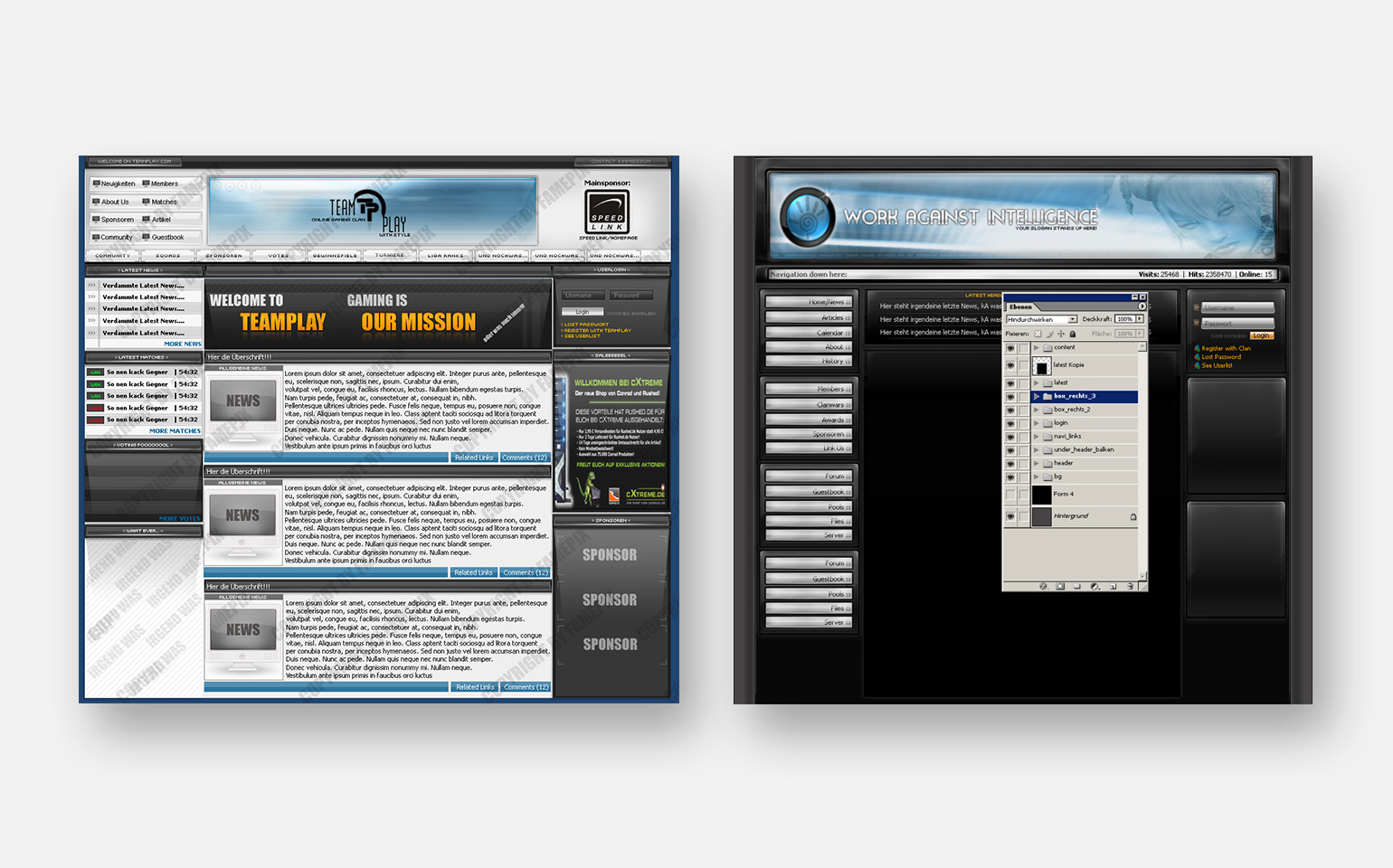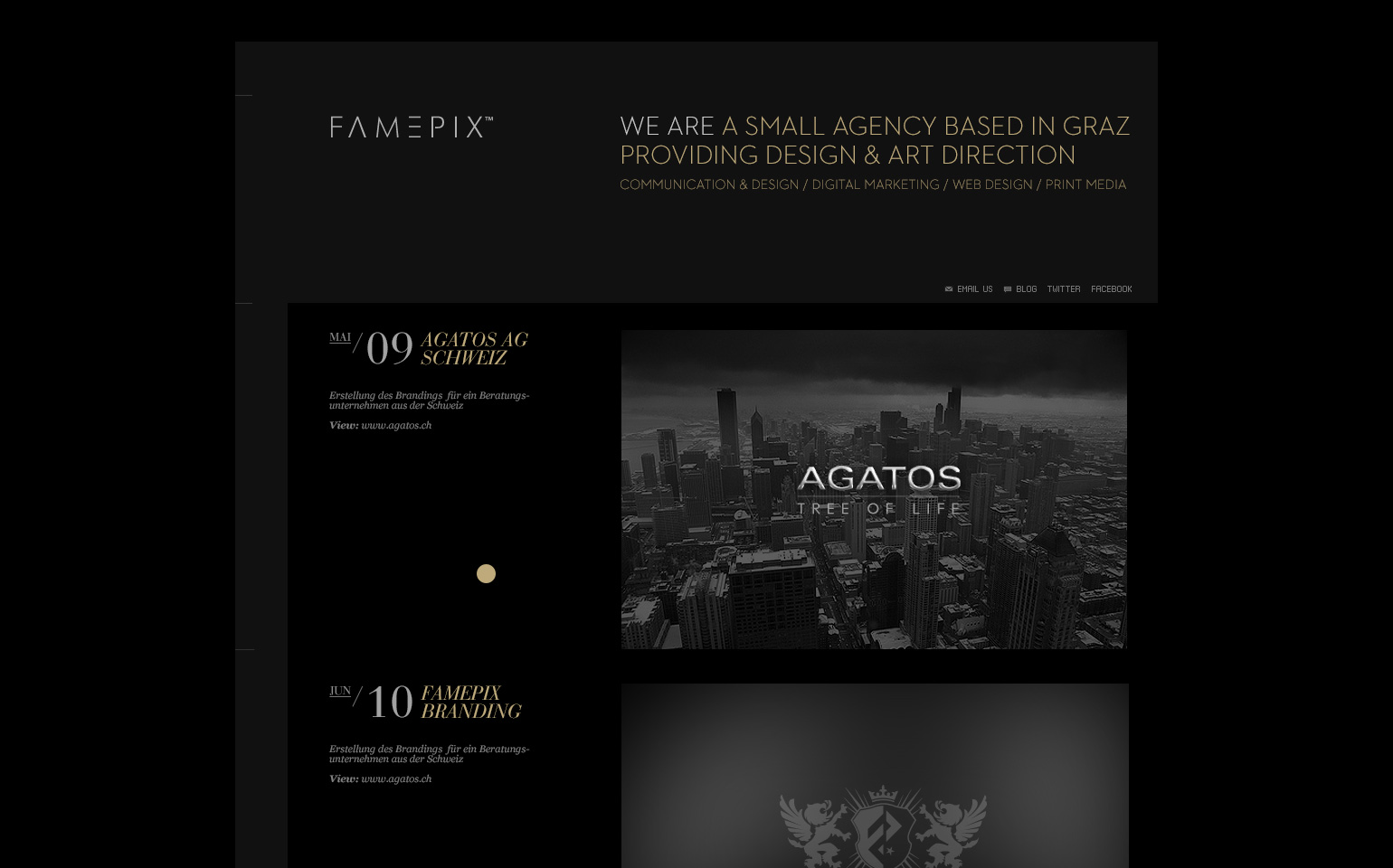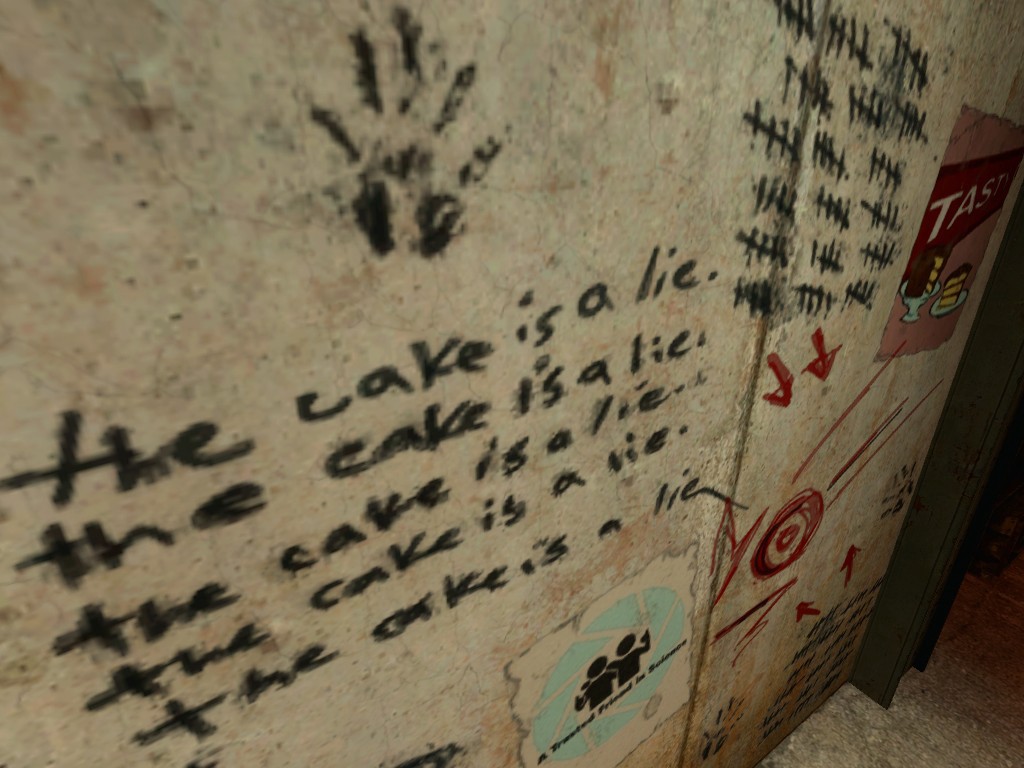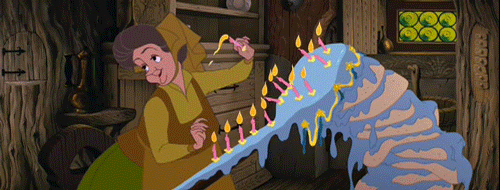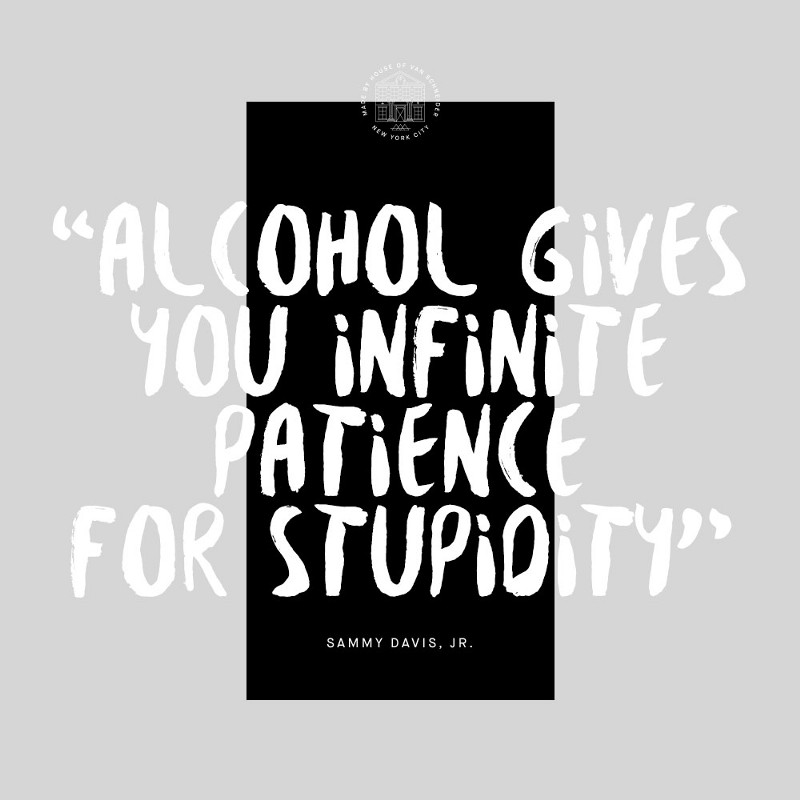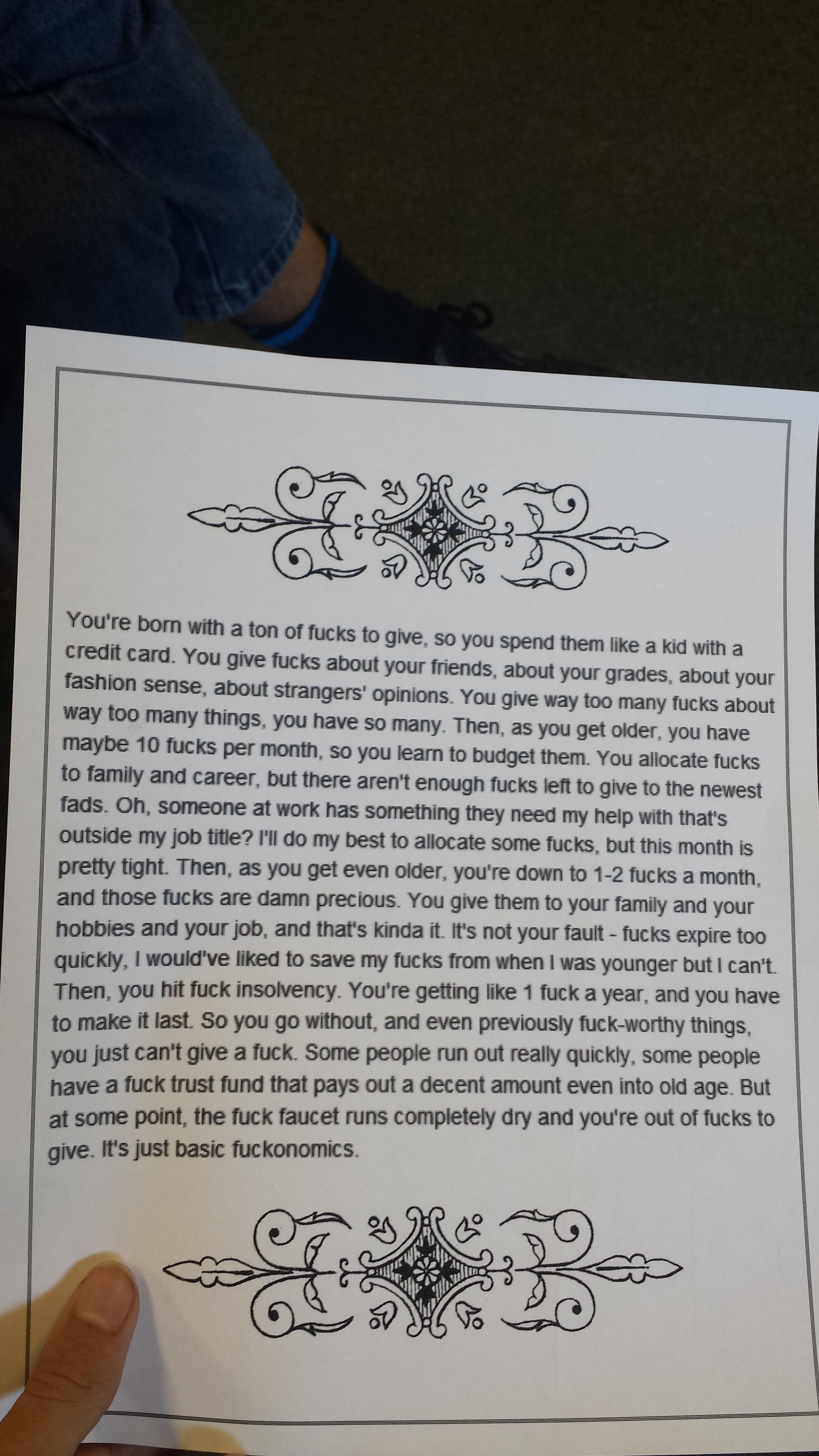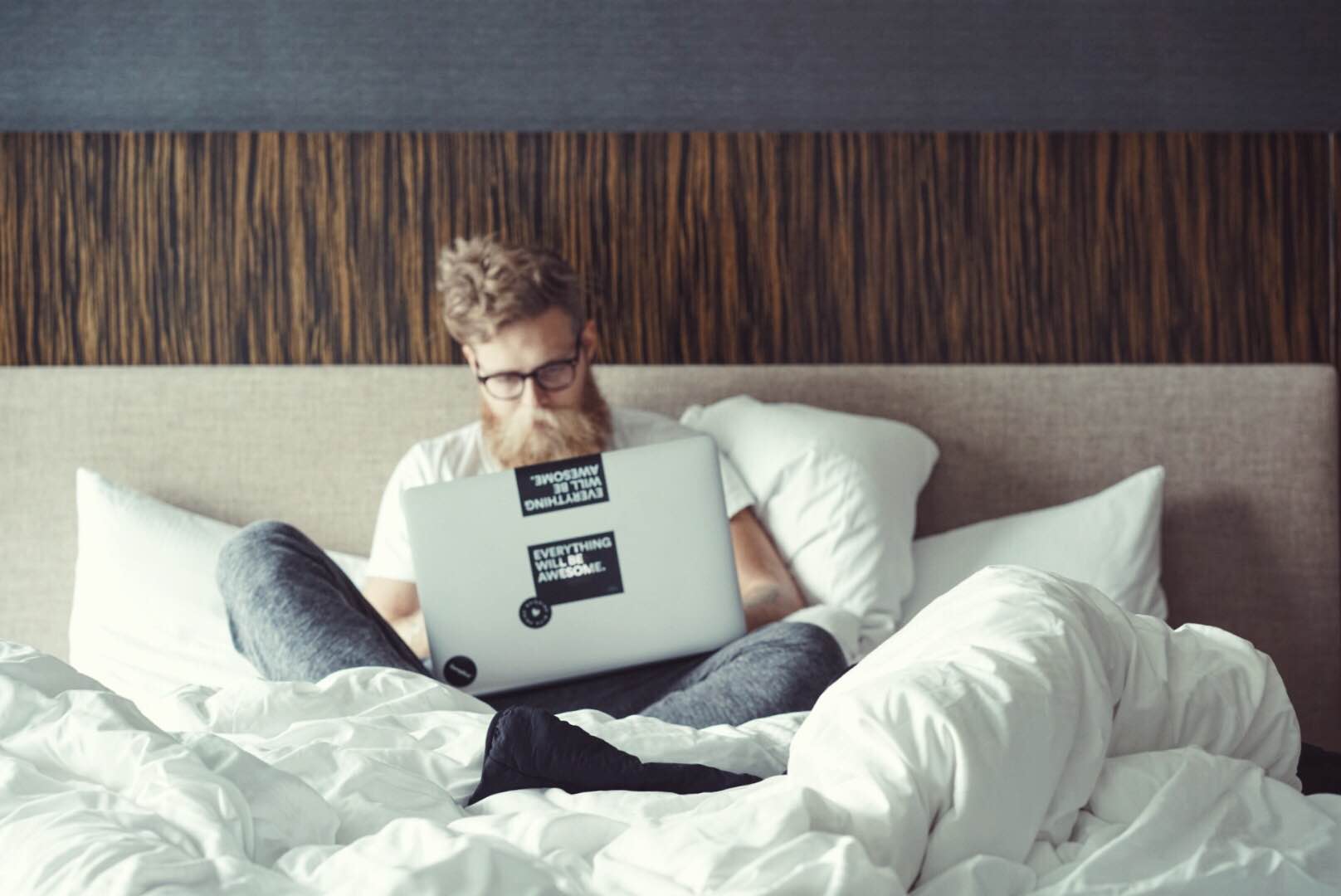I suck at New Year's Resolutions. Most of them are boring which is one reason we don't really stick with them.
According to some statistics I didn't fake myself, about 70% of all people abandon their New Year's resolutions already at the end of January. It makes sense. Most of these resolutions are unattainable and the majority of them are just plain boring. Things like, "work out a lot, be healthy" or other crazy goals are just too easy to break as they aren't specific enough.
Now, I don't know about you but if that sounds familiar I might have something for you.
I tried New Year's resolutions myself and always failed horribly. I think the problem was that I focused too much on certain things I WANT to do and then life just happened and boom the year was over.
Now what I do instead is writing an ANTI to-do list which is kind of like a resolutions list, but more focused on the negative aspects I want to avoid in my life. It's like calling myself out and building a system around my mental state rather than focusing on goals that are too easy to dismiss.
If I can avoid doing things I don't want, I automatically attract the things I do want.
It also feels easier for me to focus on specific negative aspects and then avoid them, rather than focusing on a vague goal like "be healthy." For example, it's easier to just cut alcohol from my diet. It's more specific, and it focuses on the negative part I want to get rid of. In turn, I'm more healthy automatically.
Some of these points are more actionable, and some are just little learnings and reminders I want to focus on more in 2021.
1. Stuff is just stuff. Avoid it unless it helps me create.
I grew up in a fairly poor family, we never had any money. And this is in my head all the time, even though I worked hard for what I have right now. But when I spend money on a nice camera or something else, I always start regretting it, even if I know I can afford it. I try to be extra careful because I fear being on welfare again.
I know it's a good thing, but also bad because it makes me enjoy certain things less. But to enjoy my life more, I put certain rules in place, and one of them is: If I spend money on equipment that helps me create or experiences such as travel, it's NEVER wasted money. Another exception might be stuff you could consider as assets or that help you live a healthier life (such as sports equipment).
Some people ask me: Is your camera worth all the money? Yes it is, without question. It might have been expensive, but it helps me to create. It might be not an asset in itself (as it will lose value over time) but the value I gain from using it for my work makes up for it 100x.
The same goes for travel or paying for experiences that will be with me for my entire life. But otherwise, I try to not waste money on useless stuff, things that just sit around and look nice.
2. Stop being jealous
This is a hard one. I wouldn't call myself jealous, but sometimes when I'm uninspired or unproductive I get jealous and angry at other people who have it figured out more than I do. The thing is, jealousy rarely makes you better or brings anything positive. Both professionally and especially privately, jealousy is the thing that ruins relationships.
It shouldn't hold me back from admiration for what other people do, but jealousy has absolutely no place in my life. I think there is a thin line between admiration and jealousy. It's easy to tip from one into the other without noticing it.
"You’re offended when you fear that it might be true." -
@naval
3. Stop being offended & taking things so seriously
Yes, some things in life are serious and not everything is always fun. But taking life too seriously and being offended at everything isn't making my life better. And I'm saying this more for myself than anyone else, because you have all the right (and opportunities) to find offense in things as much as you want. But for me, by being offended I'm not doing myself a favor. It sucks being angry, grumpy and miserable all the time.
Even if things suck big time, I usually try to make fun and focus on the good things. Every time I get offended I usually ask myself why it happened and how I can fix it, rather than blaming someone else for offending me. It's a simple choice that makes my life so much better. I choose to be not offended.
As Marcus Aurelius already said: “You have power over your mind - not outside events. Realize this, and you will find strength.”
4. You know nothing. Avoid assumptions.
I know nothing. The moment you meet someone for the first time you know NOTHING about that person. Nothing about their past, their struggles or their childhood. We're horrible at mind-reading and assuming what the other person thinks or means, yet we still keep doing it. We like to put people into categories because it's easier for us to think that way. Even if we think we're the smartest person in the world, making broad assumptions is usually the most unproductive way of thinking.
It doesn't mean there are no evil people in this world, and surely some people just want to see the world burn. But I strongly believe in always giving the benefit of the doubt. That means I try NOT to jump to conclusions and always give people a chance to clarify their behavior even if other people have already jumped to their conclusions. Just reading the news, most people read only a headline online and already made up their mind.
We live in a world where we value feelings over facts, and while this seems very human, it's also extremely dangerous and may be counterproductive in many cases.
5. Stop trying to be friends with everyone
It's just impossible. Get rid of one-sided relationships and toxic people in your life. Give them one or two chances and then leave. I've spent years trying to be friends with certain people or wondered about "why don't they like me" until I found out this isn't about me, but about them. Don't run after people for too long. Move on, stop trying to befriend everyone.
I learned that the older you get and the more "successful" or happy you are, the more people will hate you for that. Some people dislike happy people because they're jealous and miserable themselves. I'm sometimes that person myself. And that's okay, it's not your problem. Move on.
In Adlerian psychology (written by Alfred Adler, an Austrian psychotherapist) there's this concept of "The delegation of tasks" in which he describes how you can identify "life tasks" and assign them to either yourself or someone else. One of the ways to achieve happiness is understanding what is your tasks and what is someone else's task. If someone doesn't like you, it's simple: Who's task is this to figure out? In many cases, it's the other person's problem/task, not yours.
6. Stop making excuses
I love making excuses because I'm a master procrastinator. The reasons I make excuses is due to many reasons, but mainly because of FOMO (Fear of Missing out) or because I'm just bad at taking risks that aren't necessarily calculated risks.
And that applies to a lot of things. Shutting down a project, quitting your job or not leaving your hometown you hate so much. One of the tricks that helps me is usually to ask one simple question: "Will I regret quitting my job or taking this risk when I'm 60 years old?" Usually the answer is no. I might regret it in the short term, but in the long-term I'd probably regret more staying at my shitty full-time job than quitting it.
7. Stop blaming others around you for not getting what you want.
I'm getting better at this myself. I used to always blame other people. I didn't tell them in their face, but I did it silently. I'd blame my boss for not promoting me, I'd blame my friends for not reaching out, I'd blame other people for making me feel miserable.
But in reality, it was rarely their fault. Blaming others is easy and if I think hard enough about it, I can ALWAYS find a reason to blame other people if I don't get what I want. It's easy to play the victim, I did it countless times myself. It's classic child mentality – if you don't get what you want, start crying and screaming loudly. Make sure your parents look like fucking idiots in the Toys "R" Us store for not getting you that Lego castle you believe you deserve so deeply.
In recent years, I learned that every time I silently blamed someone else, I could've just easily looked at myself and fixed it right there. The reason I didn't get a raise at my job was because I never asked. It goes back to Nr.4 in this list. It's easy to make assumptions, jump to conclusions and then blame someone else. It's also convenient.
I learned that if I feel there is something unfair, I can openly and respectfully talk about it. Some things I fixed within hours where I was silently being grumpy about it for over a year! Isn't that crazy?
8. Give less fucks
I've written about this recently right here. I'm trying to give less fucks and manage my "fucks" better. Maybe it's a sign of getting older but it kind of relates to Nr.5 (not trying to be friends with everyone). Giving less fucks simply means deciding what affects you and what doesn't. It doesn't mean being an asshole, but putting your energy where it's worth it.
With that said, I think this quote by Marcus Aurelius is quite fitting:
“When you wake up in the morning, tell yourself: the people I deal with today will be meddling, ungrateful, arrogant, dishonest, jealous and surly. They are like this because they can't tell good from evil.
But I have seen the beauty of good, and the ugliness of evil, and have recognized that the wrongdoer has a nature related to my own - not of the same blood and birth, but the same mind, and possessing a share of the divine. And so none of them can hurt me."
9. "Strong opinions, loosely held"
I try to remind myself of this every single day. It's important to have strong opinions and educate yourself as much as possible. But it is as important to not make your opinions a fact that you can't stand up for. People who know me know that I have strong opinions, but they also know that the moment they give a good counter-argument, I'm the first one to give up my opinions and change my mind. It's not always like this, but I try.
I believe very strongly in this attitude. Have opinions, share them, make yourself heard. But be open to challenge your own viewpoints. Strong opinions, but loosely held means that you have to remove the ego. Some of the biggest thinkers and wisest people in history have followed this principle.
This quote by Jeff Bezos, CEO of Amazon brings it to the point:
“Be stubborn on vision, flexible on details."
I wish you all a wonderful new year! Stay awesome and keep rocking in 2021. If you enjoyed this article, feel free to forward it to your friends.
Yours truly,
Tobias


